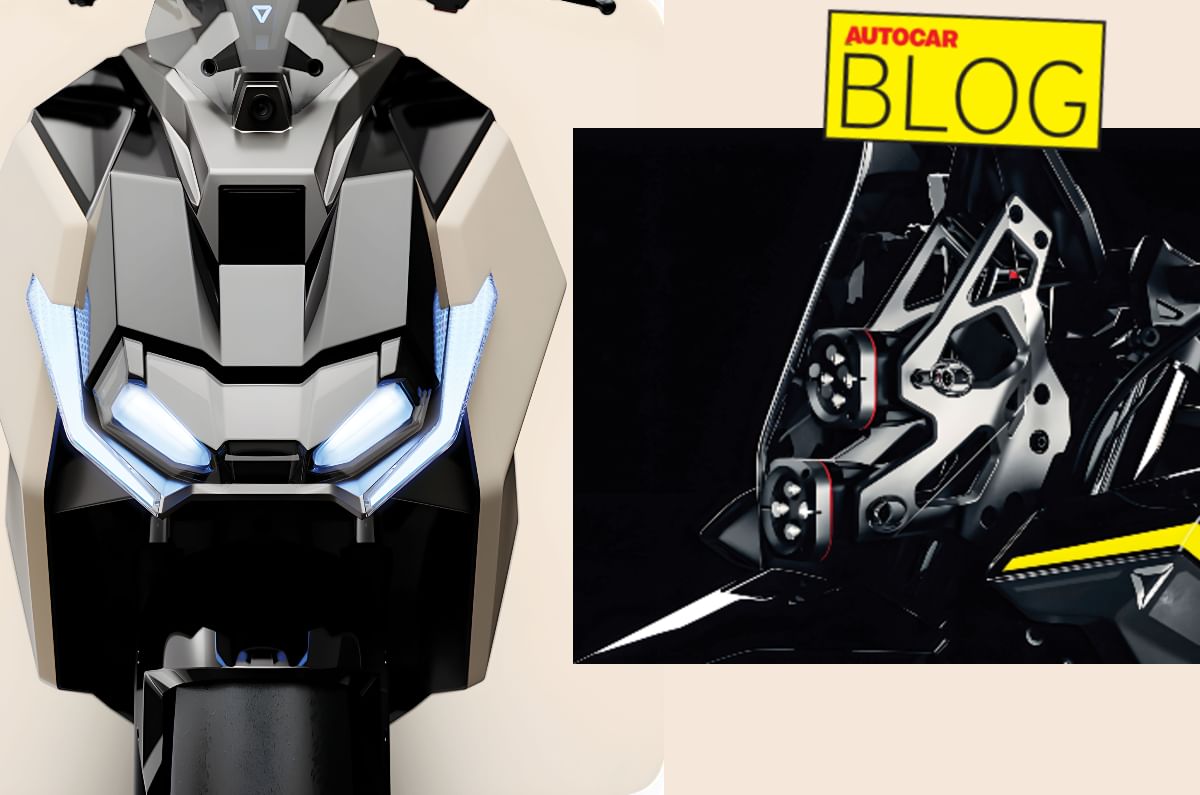After years of being a fringe player, Ultraviolette is looking set to enter the big leagues.
From the very beginning, Ultraviolette has done things the right way, even when it was the more painful way. The best example is how the F77 electric motorcycle was heavily redesigned over the course of the pandemic. A more recent one is how UV invested over a year into creating the incredibly complex F99 high-performance bike that we recently set a huge top speed record with. The F99 won’t go on sale anytime soon, but its 258kph top speed is way higher than any car or bike from an Indian manufacturer so far.
But earning respect and making money are two very different things, and while a lot of people now appreciate Ultraviolette’s engineering capabilities, most find the F77 too niche a product. However, UV’s most recent announcements have the potential to completely change that.
By now, you’ve surely already seen the new Tesseract scooter and the Shockwave off-roader, so I won’t go into the details of why they’re so exciting. Instead, the real shocker was the introductory price tags, particularly for the scooter, which will be Rs 1.2 lakh for the first 50,000 customers. Of course, that price tag will be for the base model with the smaller 3.5kWh battery pack and without any of the fancy dashcams and radar safety systems. Even so, it’s not a lot of money for a large, sporty electric scooter with 14-inch wheels and the promise of stronger performance than anything else at this price.
Clearly, UV is taking a more start-up-esque aggressive strategy, and it’s not down to just the wild pricing. For starters, while both products have been ‘launched’, they won’t go on sale before early 2026. While one year may seem like a long time, I think it’s quite an ambitious target given that neither product came out onto the stage under its own power. There’s also the fact that not much information has been shared yet in terms of detailed specifications and the variant structure.
After watching multiple startups go through the motions over the years, these are usually red flags that are hard to ignore. But there’s a key difference here – UV has already taken the long road to prove its capabilities, and the company now has a stable platform that can be leveraged on these new products. The biggest challenge won’t be to actually make these products a reality but to meet the massive demand of over 60,000 bookings that have already been made.
Of the few EV startups that have succeeded so far, the common story is that building the product is only part of the challenge and that ramping up production is way harder than originally anticipated. After all, you are dealing with dozens of suppliers who first have to be convinced that your business is worthwhile and then have to supply you the components in the required quality, quantity and at the right time. It is a truly monumental effort to get everything functioning smoothly, and this process takes time to master.
And with that in mind, I won’t be surprised if Ultraviolette faces some delays in getting these two products to the market, but I have confidence that they will get it done right. And when that happens, this company will finally have the success it deserves.
Also See: Opinion: Have the first Honda electric scooters missed the mark?


